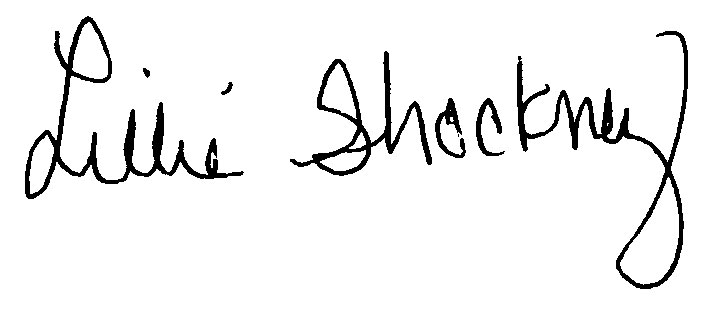Hello everyone. It is my pleasure to introduce you to the newest issue of the Journal of Oncology Navigation & Survivorship. It is packed with new knowledge and information that I am very confident will aid you in your personal and collective roles as navigators.
You will find an in-depth article that focuses on “Patients’ Experience with Cancer Care: Impact of the National Cancer Institute Community Cancer Centers Program.” If there were ever any doubts about the value of navigation programs and their impact on the patient experience, this article solves that mystery!
You are all familiar, to some degree, with the LIVESTRONG Foundation, but you may not be intricately knowledgeable about the work they have invested in their support of patients with cancer for survivorship care at the community level. Well, now you will! There is a great article waiting for you inside about the evaluation of the LIVESTRONG Foundation’s Cancer Navigation Program. I predict you will likely want to share this information with other colleagues on your oncology support team.
You will also learn about the physical rehabilitation needs of patients with cancer, with a special focus on a specific culture and population—survivors of Puerto Rican descent. (Remember, our job as navigators is to address the needs of our patients by being culturally competent.)
I predict that after you read the welcome invitation from the Quality, Outcomes, and Performance Improvement (QOPI) Committee and what they have been working on on your behalf, several of you will want to step up to the plate and join the QOPI Committee! Find out how you can make a difference personally and professionally. And keep in mind that contributing to such efforts also enhances your CV.
Read about one of our nurse navigators’ personal journey, which brought her to the (happy) place she is today—working as a nurse navigator! She shares her personal story, which will also enlighten you about the work of our QOPI Committee, of which she is a member.
Not all the articles published in this peer-reviewed journal are about evidence-based research. As you can see from the article that focuses on one of our committees, as well as the stories about navigators’ personal careers, we like to provide you with a variety of perspectives. That brings me to the “Perspectives on Cancer Care” section, where, in this issue, we talk about the impact that psychosocial distress can have on cancer care. Read the interview to learn more about a topic that has historically gone unaddressed, and is now a standard required by the Commission on Cancer (CoC). Psychosocial issues have become a priority that we must measure and intervene in.
Recently, the Oncology Nursing Society held its 2015 congress. Highlights from that conference are provided in this issue, and as an online exclusive at www.JONS-online.com. They specifically relate to how patient navigation got its start with lay navigators and community outreach case workers in Harlem, New York. You will also find highlights associated with the status of survivorship care plans (SCPs), which are also a CoC standard. Learn about some of the various models being used.
Something I would like you all to consider regarding SCPs is the opportunity to formally measure the impact (perceived benefit) patients say SCPs have on their ability to engage in self-management, make lifestyle changes to reduce the risk for recurrence, and to be satisfied overall with having a treatment summary and a sense of direction for future monitoring and screening.
Although it sounds conceptually logical, we still lack regional and national evidence-based research validating that we are making a difference in the long-term clinical and emotional outcomes of our cancer survivors today.
So get your reading glasses on, and turn the page!
With kind regards,

Lillie D. Shockney, RN, BS, MAS
Editor-in-Chief, JONS





